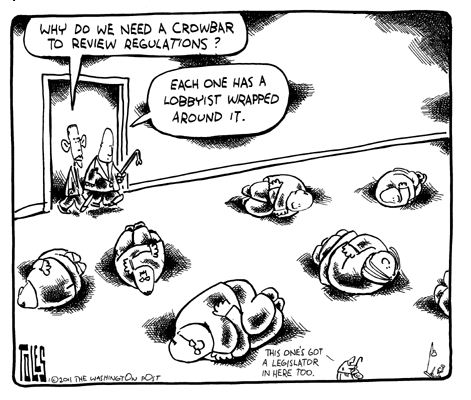In previous posts, I’ve criticized the Federal Communications Commission for arbitrarily jacking up the speed in its definition of broadband (to 4 mbps download/1mbps upload) so that third generation wireless does not count as broadband. This makes broadband markets appear less competitive. It also expands the “need” for universal service subsidies for broadband, since places that have 3G wireless but not wired broadband get counted as not having broadband.
The FCC’s definition is based on the speed necessary to support streaming video. I rarely watch video on my computer. But tonight I had a chance to test the wisdom of the FCC’s definition. I’m in rural southern Delaware with broadband access only via a 3G modem. I wanted to watch more State of the Union coverage than the broadcast channels out here carried. So, I fired up the old PC and watched things on CNN.com. The video showed up fine and smooth, and it didn’t even burp when I opened another window to start working on this post.
So now I have not just analysis that questions the FCC’s definition of broadband, but that most precious of commodities in Washington regulatory debates: AN ANECDOTE!!!



 The Technology Liberation Front is the tech policy blog dedicated to keeping politicians' hands off the 'net and everything else related to technology.
The Technology Liberation Front is the tech policy blog dedicated to keeping politicians' hands off the 'net and everything else related to technology.